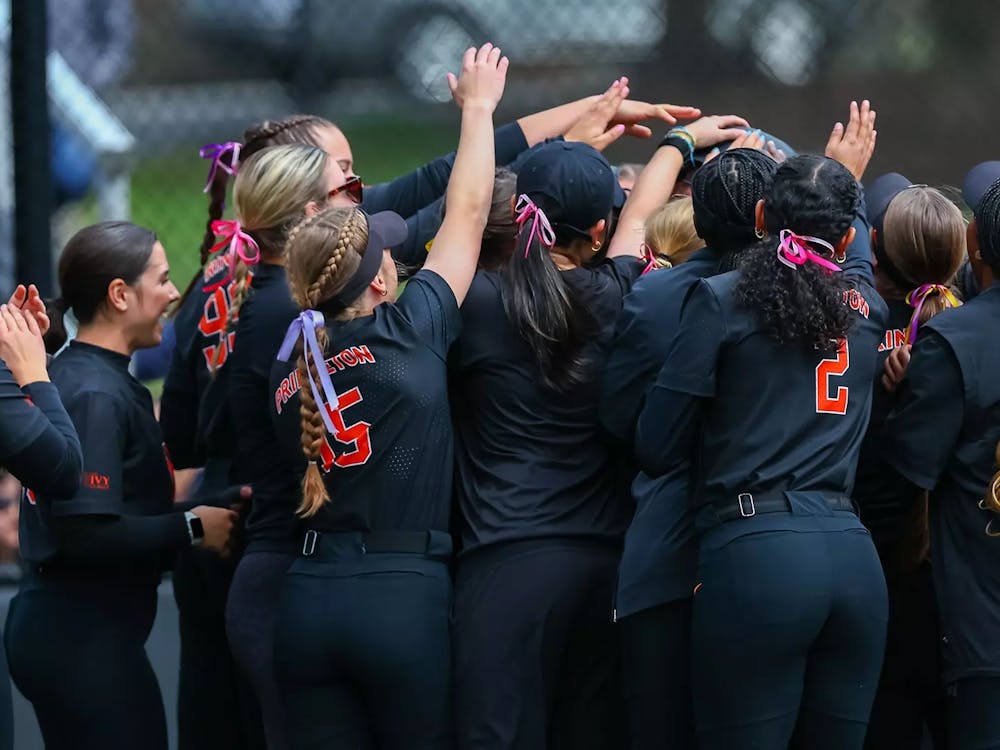We’re quickly approaching your favorite sportswriter’s favorite time of the year, and it doesn’t have that much to do with Christmas (though high on my list is Christmas dinner — the thought of a home-cooked meal has carried me through these last two weeks). December, as some of you may know, is bowl season for college football. Each and every year, some of the best teams in the country were chosen to duke it out in one last game. For two weeks, college football fans across America were treated to an all-you-can-watch bonanza that ultimately culminates in the BCS National Championship in early January. Unlike in most sports, the participants in the championship match were decided not by playoffs but by a selection committee, whose chosen teams would automatically be thrust into the game.
So it was in years past. This year shall be the first that the Bowl Championship Series organization, which organizes the postseason games for the premier college football teams, implements a playoff system. It won’t, however, be the same kind of free-for-all — and won’t have the same potential for Cinderella scenarios — we expect from March Madness. There is still a selection committee that has chosen four of the best teams in the country to play in this weekend’s semifinals (The University of Alabama, The Ohio State University, Florida State University and the University of Oregon); moreover, there will still be six “lesser” bowl games, none of which will have any bearing on who is crowned national champion.
The question remains, what prompted the use of the bowl system in the first place? Doesn’t it intuitively make less sense for a committee to decide who’s the best, rather than for the teams to duke it out between each other to determine supremacy? As with many questions involving college sports, the answer boils down to the good old-fashioned pursuit of money.
The first bowl game, hosted in 1902 between the University of Michigan and Stanford University, certainly didn’t generatetoo much of a windfall. Dubbed the East-West Bowl (and eventually renamed the Rose Bowl in 1923), it was initially part of a plan to attract more tourist dollars. As the size of attending crowds grew, other regions in the country decided to try to copy the success the organizers in Pasadena were having with their bowl game. Near the end of the 1930s, the United States had witnessed the birth of many other now-household Bowl names: the Sugar Bowl in New Orleans, the Cotton Bowl in Dallas and the Sun Bowl in El Paso, Texas.
Bowl games still had a little way to go before they took on their modern day form. We can see the acceleration of their growth in the 1960s, as directors were offering larger and larger sums of money for teams to play in their bowls. With the prevalence of television coverage, this willingness to pay for the best talent led to ever-increasing revenue.
By the 1980s, bowl games took on one of their most prominent modern-day features: heavy corporate sponsorship. Bowls began to sell their naming rights, and thus there arose titled bowls such as the Sunkist Fiesta Bowl and the FedEx Orange Bowl. The BCS National Championship Game, which determines the national collegiate football champion, is certainly not immune to this trend: Companies pay well into the tens of millions of dollars to have their names plastered on one of the most anticipated events in American sports.
Given the lucrative system the BCS had going on, the exact reasons for the switch to the playoffs are still not quite clear. It’s certainly possible that the intensity of a playoff system, similar to the Super Bowl, could gain much more viewership. One top BCS official denounced the idea of multiple bowls with multiple winners, saying that it’s far less intriguing when you see many teams getting a trophy and a pat on the back at the end of the year. Though there will continue to be bowls outside of the four-team playoffs, the BCS has made clear where the country’s focus is going to be come this January.
I can’t really say I’m against the playoff system. After years of agonizing over which station to flip to, I can now firmly say that there will be only three games this year that will truly leave me glued to the TV.
So rest up everyone, and enjoy a well-earned break. I hope you join me this winter in marveling at the intense spectacle that is top-level college football.









